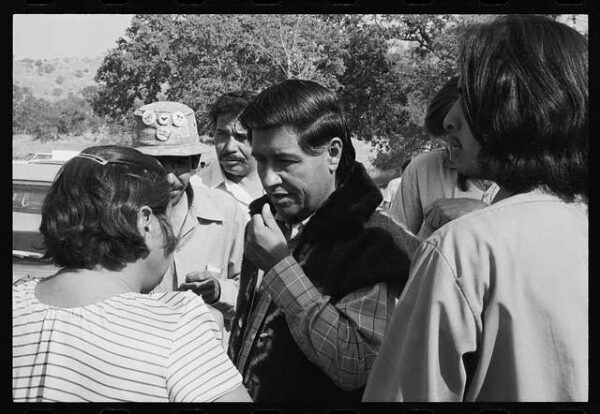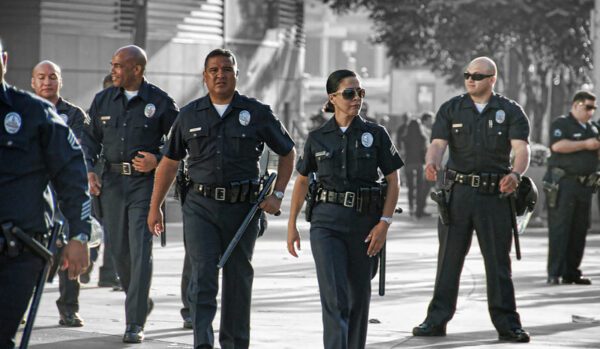César Chávez Day will be observed in Los Angeles and LA County on Monday, with the Board of Supervisors encouraging the public to actively engage “in service to our communities in honor of his memory.”
“I’m mindful of the extra weight that the word ‘service’ carries today as we proclaim César Chávez Day,” Los Angeles County Supervisor Hilda L. Solis said Tuesday after the board voted 5-0 to approve her motion proclaiming Monday as César Chávez Day.
“More than anyone, César Chávez understood what it meant to be in service of one another. He fought, organized, and empowered — all to bring a recognition of the dignity that farmworkers do every day on the fields. It is that spirit that has guided my career in public service.
“I ask Angelenos to remain in service to one another and participate in volunteering efforts to commemorate the legacy of César Chávez. May the slogan, ‘Sí, se puede,’ which means ‘Yes, we can,’ continue to inspire us to drive change.”
City and county offices and libraries will be closed Monday but schools will be open. They will be closed Friday for the state’s observance of César Chávez Day, which comes on the anniversary of his birth. The city and county customarily observe César Chávez Day on the Friday or Monday before the anniversary of his birth to create a three-day weekend.
Chávez co-founded the National Farm Workers Association in 1962 with Dolores Huerta. The union merged in 1965 with the Agricultural Workers Organizing Committee to form the UFW.
Chávez, an advocate of nonviolence, is best remembered for spearheading a grape boycott in 1965 that went nationwide in 1968 and lasted until 1978, resulting in higher wages for farm workers and focusing national attention on their plight.
Chávez and the UFW played an instrumental role in the passage of the California Agricultural Labor Relations Act in 1975, which made California the first state to give farm workers the right to seek union representation and bargain collectively within an established legal framework.
Born March 31, 1927, in Yuma, Arizona, Chávez dropped out of school after the eighth grade to help support his family by joining them in the fields as a migrant farm worker, witnessing the many adversities those workers faced daily.
Chávez died in 1993 at age 66.







